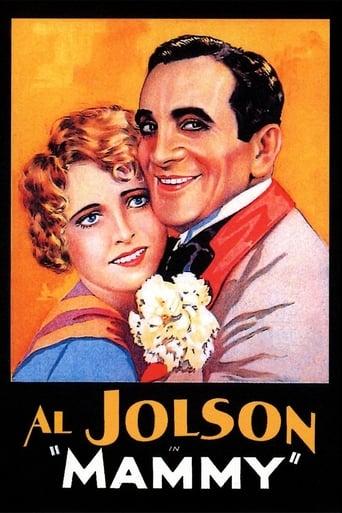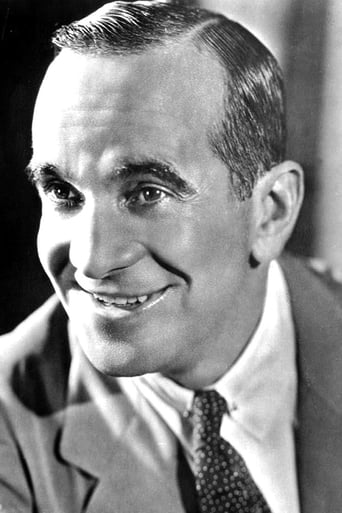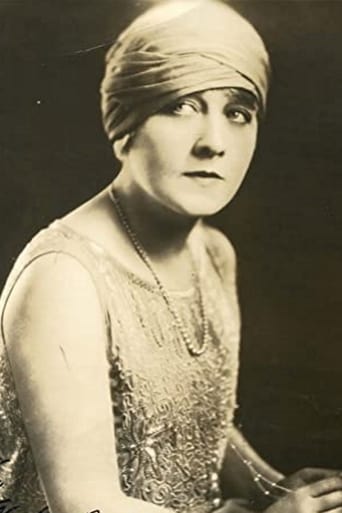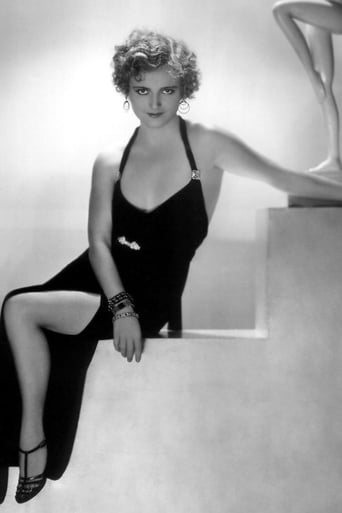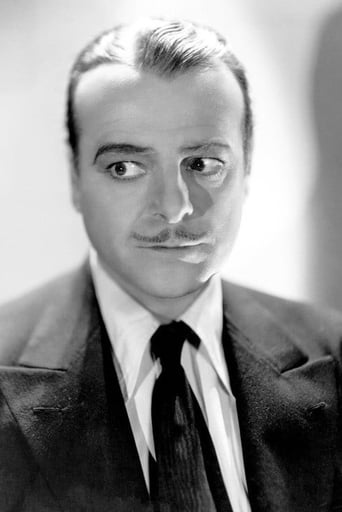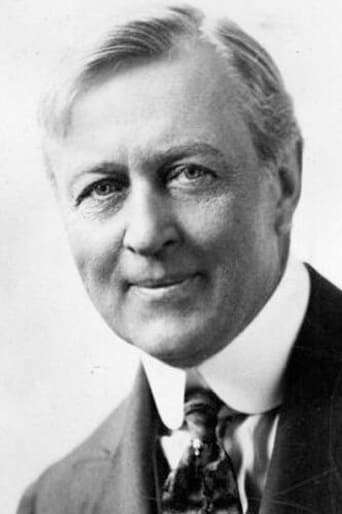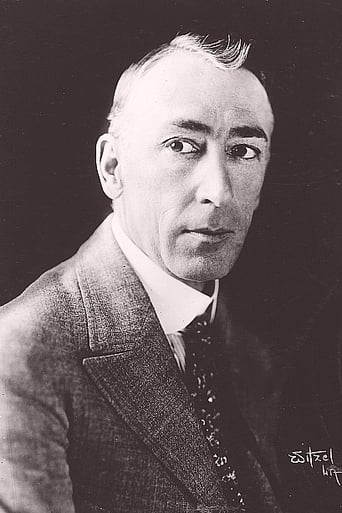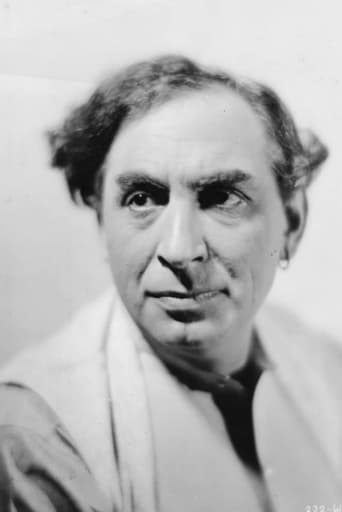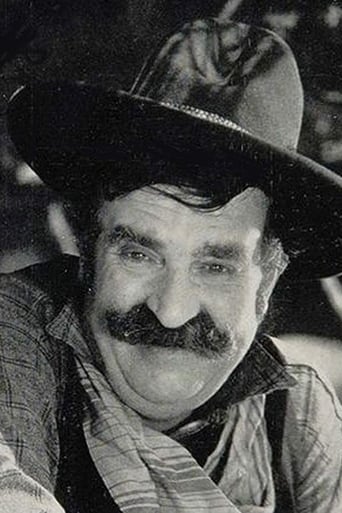Mammy features Al Jolson as the star of a travelling minstrel show, appearing in a small Southern town. Jolson falls in love with an actress in the troupe (Lois Moran), but she loves another. One of Jolson's fellow minstrels (Lowell Sherman) is shot backstage, and it is assumed thanks to several plot convolutions that Jolson is guilty of the deed.


Similar titles
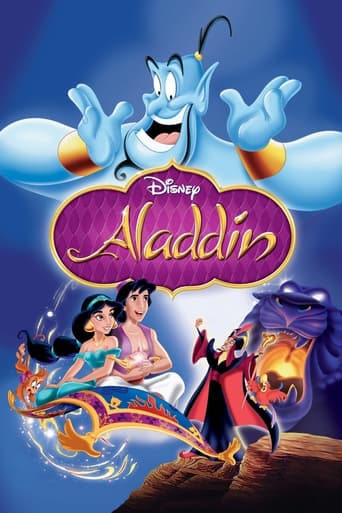

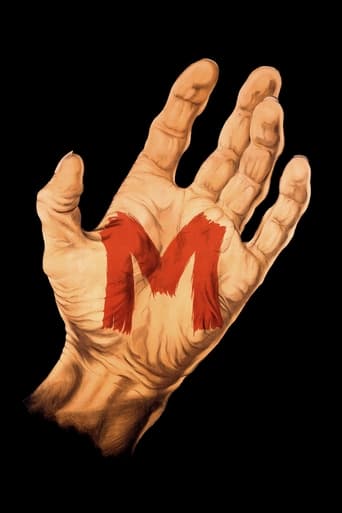
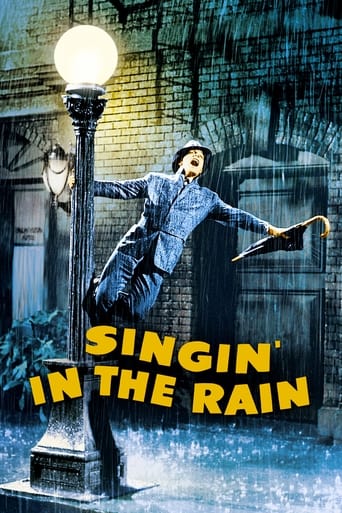

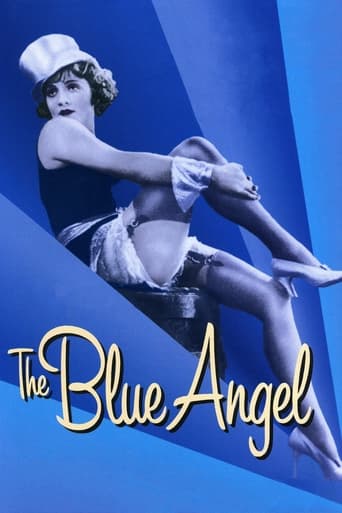
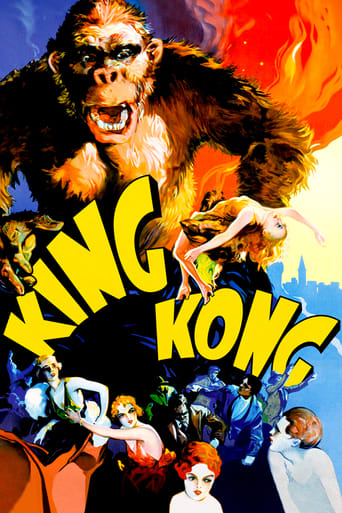
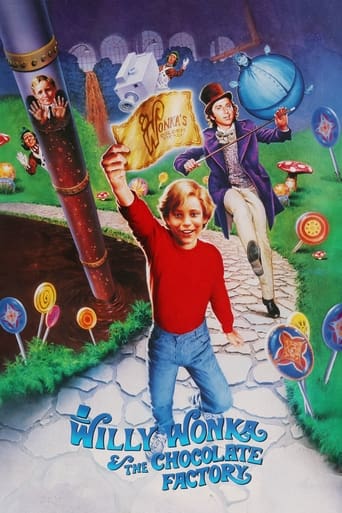
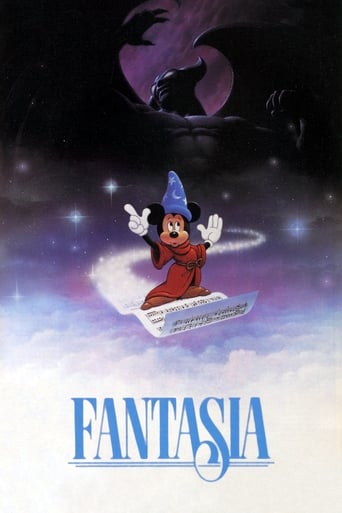
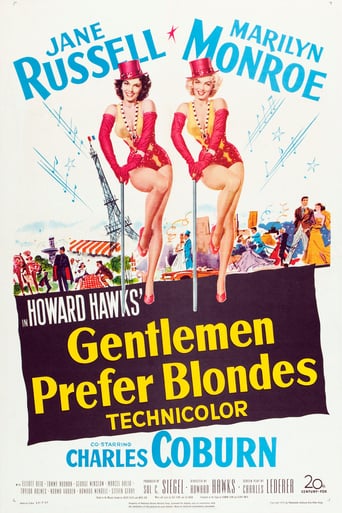
Reviews
Good to have this one on a "restored and remastered" Warner Archive DVD, complete with its original "Overture" and its Technicolor sequences (be they a little bit damaged). Most people complain about the attempted restoration of the two Technicolor sequences, but I thought the archives did a remarkably good job here. Where they failed was with the Overture. I anticipated that it would be at least as effective as the stirring music track for Don Juan (1926). But not on your life! These boys have had three years to refine their task, and they come up with something that isn't a quarter as stirring or effective. Fortunately, the sound track of the movie itself is much better, though it too seems to have only half the volume and no more than a quarter of the Barrymore movie's oomph and daring. All the same, it's hard to keep Al Jolson down. Even at his worst (some of the end-man's corny feeds to the Interlocutor), Jolson is still almost the best thing about Mammy. I say "almost" because Al is actually thoroughly beaten for acting honors by the title lady herself, brilliantly played here by Louise Dresser. Despite the movie's title, her role is actually rather small. But you'll never forget her. Wisely, Curtiz, his cameraman (Barney McGill), his editor (Owen Marks) and his costume designers (Earl Luick and Edward Stevenson) focus all our attention on Louise when she does actually appear. For once in the picture, Jolson feeds her all the dialogue. In all other scenes in which he appears, Jolson is the one who is fed. This is bad, actually, because it makes the plot hard to follow when the victim is given all the close-ups and the perpetrator is almost always observed in long shot and makes virtually no impression at all. Still, you could argue that Mammy is a musical and that the plot doesn't really matter. There's more than a bit of truth in that argument, so don't let the plot worry you. Just sit back and enjoy all the standard Irving Berlin minstrelsy.
Aren't you glad the Disney Corpcatters don't own ,"Mammy? If they did we would never see it.They are political correct hypocrites. They are hiding there own racism by not reissuing ,"Song of the South.Time Warner is Moderately politically correct.Cartoon network had began to censor all the classic cartoons to appease Communist family values, that are a threat to our constitution. Then they had them removed, Warner home video D.V.D.took advantage of this . They saw cartoon network ridiculous, Thank goodness for them. T.C.M. does not promote censorship against the past, that is what they already got and shown. But they promote censorship against introducing any more classic propaganda film classic of the third Reich than what they already shown. They are greedy. Warner home video was even thinking of releasing in this country,the restore version , which is not completed yet , of Viedt Harlan's Opfergang, but they chicken out do to his infamous Jude SuS. I am oppose to political correctness . It isn't liberalism. It's a part of the communist manifesto. In Russia the government would send people to Siberia if they criticize the government or express negative views against their comrades.I don't get offended at the black face sequences cause it's history and it's parody based on past attitudes.The minstrel show is a fact of the past. It needs to be excepted.Any negative thing of the past can't offend me. It's too old. Hitler is dead.Al Jolson did black face because in white show biz when a performer was shy he try to cover up his shyness by parody, the black folk. Eddie Cantor did this too. Non of them were racist. Black Vaudeville did the same parodies too.In fact you had black Americans who also did minstrel shows too.Bojangles did .Movies like this are for classic film fans and fans of film history. Political correctness is anti past, prejudice or not.I was sure glad that Warner's did not add a third color to the sequences. The black face cross dressers dress were pure green. They could of filled in the gaps with artificially restoring the red and green through taking the image in a computer and splitting it adding red and green tones to each image and super imposing it together and put it back on new film stock. It would of looked as if it was fully complete. My guess it was probably too expensive and would of taken too long to complete. But it's possible and the restorers wanted to keep the original condition they found it in any how. Since having to fix the color was expensive enough. I did not know that Irving Berlin wrote Pretty Baby. the song.But the numbers are good. The story is good too.About a very bad minstrel show troupe. The struggle that they have to put on to survive. It's a dying art in 1930. Their lead singer is Al. Headed by Lowell Sherman. who is engaged to the daughter of who runs the show. Lois Moran.But Lowell is flirting around and she doesn't like it.Al Fuller is in love with her. Traditionally when you have a color sequence in a black and white movie the actress is more dolled up. Well Miss Moran remains none doll up in the color sequence . No rough . That's more real. The final,of the first show,"Yes we have no bananas," was taken from a broad way show, starring Grace Moore. It was a parody of The Nibelung by Richard Wagner . Moore was dress as Broom Hilde. This is based on a Broad way book I checked out in the library years ago. Instead of hi-ya HiYa hi- YA! they sang Yes we have no bananas. This movie is worth a collection by the casual and serious fan. Available at Warner shop dot com and amazon. 06/25/11 Made a mistake Lois Moran is dolled up at the finale
In general, second rate material all around, though one of the minstrel numbers (the Yes We Have No Bananas Operatic Finale) is quite good. The plot is mainly an excuse to let Al Jolson do his stuff, but he can't carry it aloneThe first part of the movie does give some idea what a white minstrel show might look like, including a parade in the rain.I saw the UCLA restoration, which does include what is known to survive of the 2 color (red/green) Technicolor sequences. Unfortunately, sections of those sequences were lost when Dutch titles were inserted, and some of the cuts from color to sepia tinted black and white are not smooth.
MAMMY (Warner Brothers, 1930), directed by Michael Curtiz, became Al Jolson's fourth feature, following earlier screen efforts as "The Jazz Singer" (1927), "The Singing Fool" (1928) and "Say It With Songs" (1929). Although not one of the best in the Jolson series, the movie somewhat hits home to Jolson's early years as a minstrel man. With the songs by Irving Berlin, he is also credited with its story idea titled "Mr. Bones." Al Jolson stars as Al Fuller, the lead singer of a minstrel show. He is hopelessly in love with Nora Meadows (Lois Moran), the daughter of the minstrel manager (Hobart Bosworth), but her real interest is in Billy West (Lowell Sherman), the interlocutor who ignores her so he can keep his eyes on other women. One night during a comedy act, Al, who is to "shoot" Westy at the close of the skit, finds Westly on the floor unconscious, and soon realizes that someone had placed real bullets in his gun. Following the performance, Al is arrested for attempted murder. When the police wagon that's carrying Al turns over, Al escapes. Bumming around in freight trains and eluding the law, he decides to pay his mother (Louise Dresser) her long-awaited visit. Knowing that something is wrong with her son, Mrs. Fuller doesn't let on, but she does gives Al her motherly advice in saying, "If anyone says anything against you, son, always MAKE THEM PROVE IT." Knowing that he is innocent of the shooting, Al decides to take her advice and go back to face the music, but when he does, he finds a different tune awaiting him.Music and lyrics by Irving Berlin include: "Let Me Sing and I'm Happy," "Here We Are," "Who Paid the Rent for Mrs. Rip Van Winkle?" "The Knights of the Road," "Yes, We Have No Bananas" (by Frank Silver and Irving Cohn); Guiseppi Verdi's "Miserere" from Il TROVATORE; "Looking At You Across the Breakfast Table," "Here We Are" (reprise); "In the Morning," "Why Do We Take the Night Boat to Albany?" "Swanee River" (by Stephen Foster); "Let Me Sing and I'm Happy" (reprise); "To My Mammy" (sung by Jolson to Louise Dresser); and "Let Me Sing and I'm Happy" (closing number). Of all the songs presented here, "Let Me Sing and I'm Happy" comes off best, sung three times by Jolson, each in a different style.Originally filmed in early Technicolor, existing prints today are shown in black and white. Storyline is passable, but does have its slow points, one in which Jolson's purposely stutters to a visiting sheriff (Jack Curtis) so to give the theater troupe time to take off on a train, only to learn that the sheriff isn't there to arrest anybody, but to join the company; and another when Jolson gets drunk, a scene that appears longer than what it is. Jolson's acting hasn't improved much dramatically but succeeds in perking up the plot with his energetic singing. Also featured in the cast are Tully Marshall as Slats, Al's tag-along hobo he befriends in a freight car during his escape from the law; Stanley Fields and Mitchell Lewis, among others.Due to the controversy of the movie, mainly because of it lengthy minstrel show routines, "Mammy" is a rarity on TV, or anywhere for that matter. Currently available on video cassette, it can also be seen sporadically on late night cable television's Turner Classic Movies.(**)
